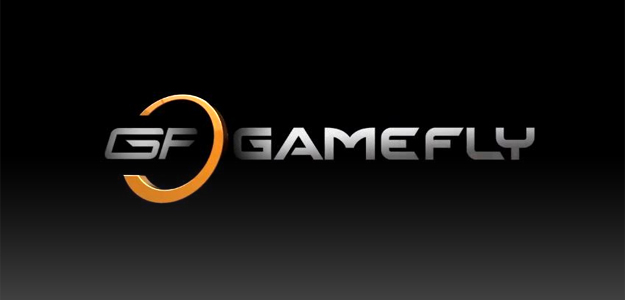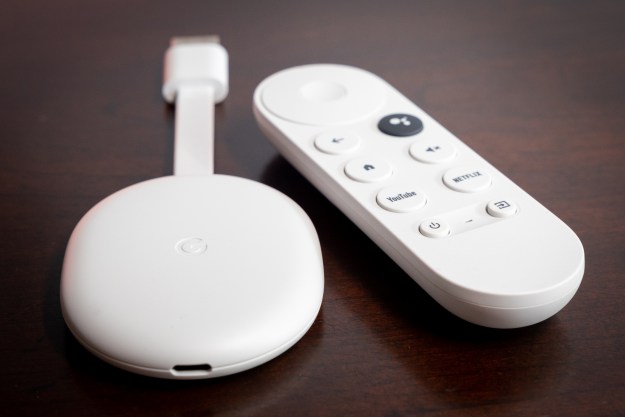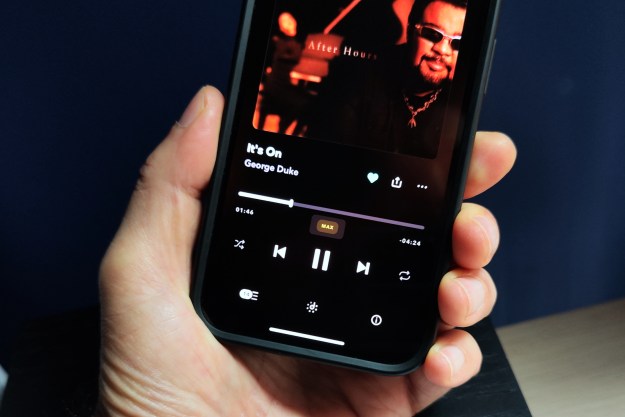 The United States Postal Service was offering Netflix an unfair advantage over its mailed-disc competitors, decided this past week by the U.S. Court of Appeals, ending a years-long legal battle by games-by-mail company GameFly Inc. to try and force the USPS to offer the same benefits it made available to Netflix to all companies.
The United States Postal Service was offering Netflix an unfair advantage over its mailed-disc competitors, decided this past week by the U.S. Court of Appeals, ending a years-long legal battle by games-by-mail company GameFly Inc. to try and force the USPS to offer the same benefits it made available to Netflix to all companies.
The unanimous decision by the U.S. Court of Appeals for the District of Columbia Circuit found itself in agreement with GameFly’s belief that the USPS should either cease to handle the Netflix packages by hand – thereby rescuing them from possible damage at the mechanical hands of the automated sorting systems – or give the same treatment to any other company also sending DVDs, Blu-ray discs or similar through the mail, with a good explanation if such action is not taken immediately.
Of particular interest to the Court of Appeals was the question of who was actually paying for the hand-sorting of Netflix packages, considering that Netflix apparently doesn’t. “Rather obviously,” Judge David Sentelle wrote in the decision, “this [service] is not without cost to the postal service. Nonetheless, the service provides it to Netflix free of charge.” This isn’t the case for other companies, as GameFly discovered when it requested equal treatment initially and was told that it would require additional payment, which led to the original legal action that today’s Appeals Court decision brings to a close.
Interestingly enough, the court refrained from placing particular instructions as to which option the Postal Service chooses, noting that it should be left up to the Postal Regulatory Commission to decide which solution to go for. “The commission must either remedy all discrimination or explain why residual descrimination is due or reasonable,” wrote Judge David Sentelle in the decision. Exactly which route the Postal Commission will choose to take remains to be seen, given the somewhat surreal reaction from the Postal Service today. In response to the ruling, United States Postal Service spokesman David Partenheimer issued a statement that appeared to deny the ruling altogether, saying that “the different treatment that we provided to our customers was fully justified and reasonable, and consistent with the law.” In other words, nuh-uh, we’re totally legal, so there.
While Netflix has, perhaps understandably, stayed quiet in response to the ruling – this argument may be about the company, but doesn’t directly include the company, after all – GameFly’s statement in response is far more accepting of the court’s decision. “We trust that the commission with take the court’s decision to heart,” wrote company Chief Executive Dave Hodess, “and require the postal service to be compliant with the law by offering the same price and quality of service to all DVD rental companies.”


